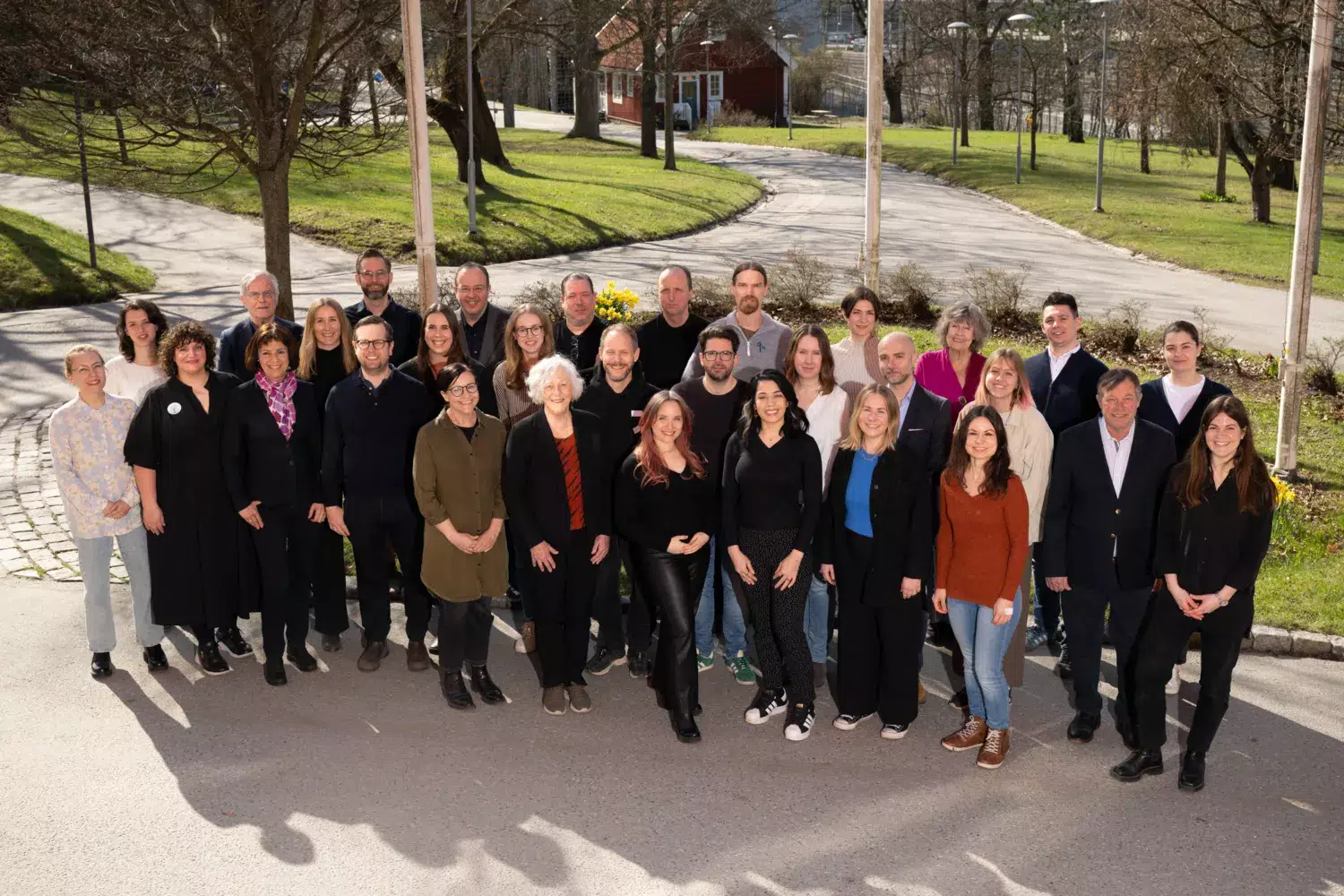Our research
Suicide and mental health lab is a research group affiliated with the National Centre for Suicide Research and Prevention (NASP). In an interdisciplinary environment (public health, psychology, psychiatry, molecular biology, and anthropology), we conduct research with the aim of developing innovative methods to prevent suicide and mental health problems. We also conduct studies to identify trends, risk factors and vulnerable populations related to suicide. The research that we, and other researchers, conduct is used to guide our activities within strategic public health work, education, and knowledge dissemination.
Our organisation
NASP is a collaborative centre that consists of several units, all of which are organised under two main institutional frameworks: Karolinska Institutet (KI) and Stockholm County Health Care Area (SLSO) at Region Stockholm. NASP is also a WHO collaborating centre for research, method development, and education in suicide prevention.
In focus
 Photo: Copilot
Photo: CopilotFunding for research on the suicidal process to develop individualised support during suicidal crises
Researchers from Karolinska Institutet, Region Stockholm and Region Jönköping have been awarded a project grant of 5,995,000 SEK from Forte to conduct a four-year research project aimed at improving knowledge about the temporal dynamics of the suicidal process and developing an intervention for individualized support during suicidal crises.
 Photo: Lin Po-Tsen via Unsplash
Photo: Lin Po-Tsen via UnsplashExploring the Psychological, Emotional and Behavioural Effects of Artificial Lighting
Are you interested in participating in research investigating how exposure to artificial lighting affects different psychological states, emotions and behaviours?
 Photo: Getty Images
Photo: Getty ImagesTim Bergling Foundation funds digital training in suicide prevention among the young
A four-year grant from the Bergling Foundation will provide support to Karolinska Institutet’s digital training initiative to help medical students be better at identifying and responding to suicidal children and young adults. The aim of the project is to give prospective doctors the tools they need to deal with young people in the risk zone.

















